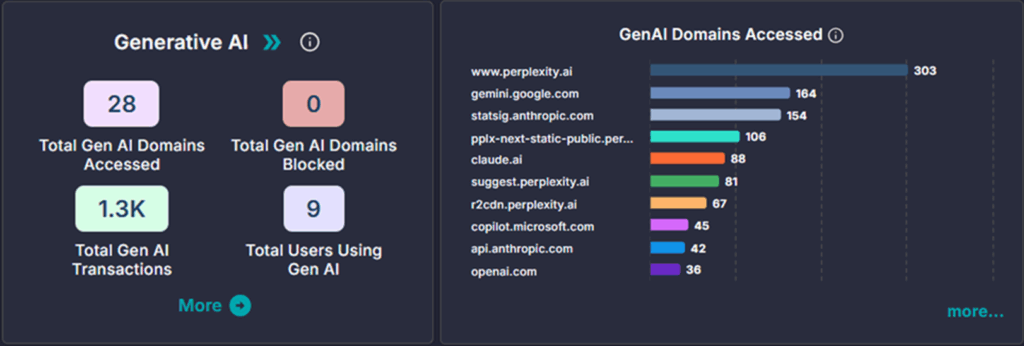Introduction
With the rise of remote work, businesses are searching for secure and efficient ways to provide access to networks and applications. Zero Trust Network Access (ZTNA) is a growing trend in the cybersecurity industry.
ZTNA is a VPN alternative, offering a secure and scalable solution so understanding ZTNA for Remote Access is important. In this blog, we’ll first take a closer look at what ZTNA is. Then will we look at its benefits, and why it’s becoming the preferred solution for businesses.
What is ZTNA (Zero Trust Network Access)Tremot?
ZTNA (sometimes sold as secure access service edge) is a secure remote access solution that provides secure access to applications. It does this by leveraging a zero-trust security model.
It was Forrester Research analyst John Kindervag who popularized the term “Zero Trust.” The term zero trust in information security refers to a model that denies access to applications and services by default. This is in contrast to a virtual private network connection that provides access to an entire network. Access management is no longer tied to a network, but a set of specific applications.
Unlike traditional virtual private networks (VPNs) that provide a single point of access to a network, ZTNA uses micro-segmentation. Network micro-segmentation is a security technique that divides a large network into smaller, isolated segments or zones. Each zone or segment has its own security policies.
Micro-segmentation helps to prevent the spread of malware or unauthorized access by preventing general network access. This means that a breach in one segment will not affect the rest of the network.
Micro-segmentation allows administrators to apply security measures, to each segment, making it easier to detect and respond to security incidents. With ZTNA, access is typically only to a specific application’s IP address. The end result is a more secure and flexible network that is better able to protect sensitive data and applications. Access controls ensure that only authorized users and devices are granted access, reducing the risk of cyber attacks.
Benefits of implementing zero trust:
- Enhanced security: Providing a secure and controlled environment for remote access, reducing the risk of cyber attacks.
- Improved scalability: Businesses can easily scale their network as their needs grow, without sacrificing security.
- Increased productivity: Enabling employees to access the network and applications they need from anywhere, at any time, increasing their productivity.
- Better user experience: Offering a seamless and user-friendly experience, reducing downtime and improving remote users’ satisfaction.
Why ZTNA is becoming the preferred solution
ZTNA is becoming the preferred VPN alternative solution for businesses due to its ability to provide secure remote access. It also improves productivity versus a VPN.
Based on zero-trust principles, the zero-trust security model ensures that only authorized users and devices are granted access. This massively reduced access reduces the risk of cyber attacks. Additionally, ZTNA provides a seamless user experience. This enables employees to access the network and applications they need from anywhere, at any time.
Conclusion
ZTNA solutions are the future of secure remote access, offering businesses a secure and scalable solution for remote work. By leveraging a zero-trust security model, ZTNA provides enhanced security, improved scalability, increased productivity, and a better user experience. As remote work continues to grow, ZTNA is becoming the preferred solution for businesses looking to secure their network and applications.
Looking for a fast ZTNA solution?
Click here to check out our ZTNA page. Contact or technical or sales team with your questions using this form. Request a Next Generation VPN Replacement Demo.



